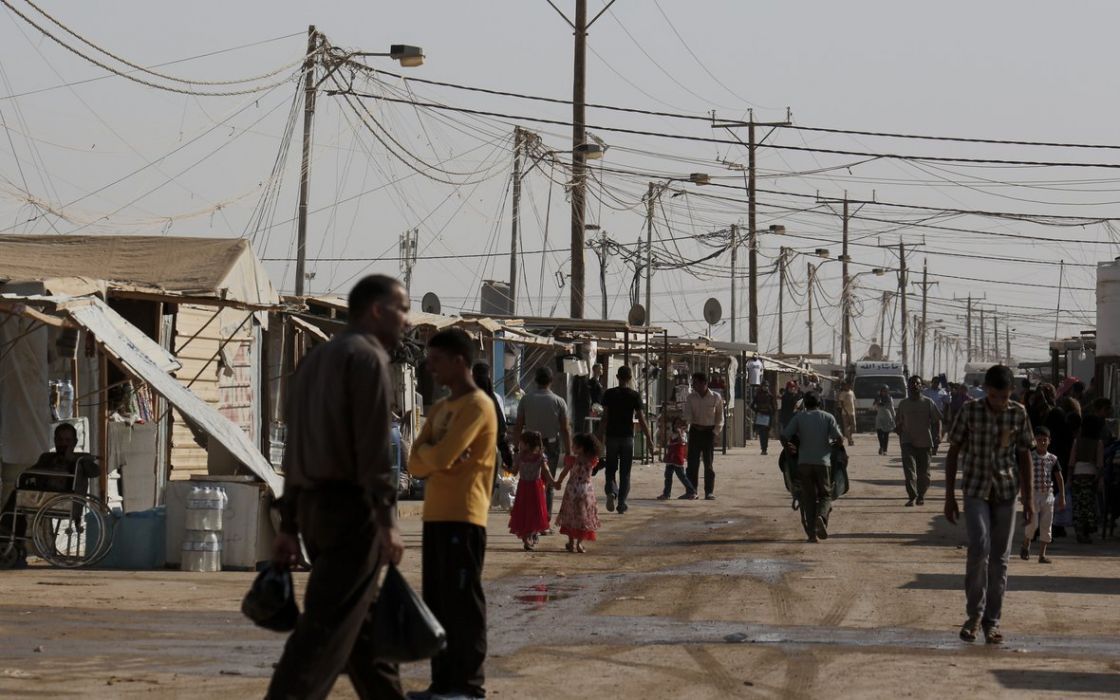- Articles
- Posted
Centralization and Decentralization: One System
Some Syrian sides use the term “decentralization” as a “complete” characteristic of the new form of the Syrian state they seek. On the other hand, other sides use the term “centralization”, and their words are accompanied by “the possibility of allowing some administrative decentralization”.
Three Problems and a Proven Truth
The various sides’ use of the expressions of “centralization” and “decentralization” – and descriptions such as administrative, financial, political, etc., as characteristics of centralization or decentralization – has three major problems:
The first problem: there is no agreed-upon theoretical definition for any of these descriptions whatsoever. Yes, there are intersections among the different definitions, but the extent of these intersections is a lot less than the size of differences. Consequently, the use of these terms by any side as “clear terms” that also do not need to be defined and clarified, and even dealing with “centralization” and “decentralization” as two contradictions, one of which is “good” and the other “evil”, is necessarily misleading and intended to push people to adopt this or that proposition without being aware of the reality of what the proposer wants.
The second problem: the differences do not stop at the limits of theoretical speech. Just looking at the different applications of the relationship between centralization and decentralization around the world allows us to say that the tangible manifestation of these theoretical definitions is a unique manifestation for each case, and it hardly resembles other manifestations except within narrow limits.
The third problem: is the political employment at this point in time of the difference in perceptions of the sides about what the future Syria should be with regard to the relationship between centralization and decentralization, where clinging to one side of the contradiction or the other becomes part of the media and propaganda kit for the current political conflict. That is, according to some, what is required is to highlight and focus on the differences, as if the issue is a game of tug of war between two extremes, hoping to reach (or not reach) a middle point. The truth is that tugging the ropes in this manner, which reaches the levels of betrayal, can simply break those ropes, and heighten the dangers of partition, and not actually get the warring sides to solutions.
An established fact: as long as everyone raises the slogan of Syria’s territorial integrity and Syrians’ unity, they implicitly acknowledge that in the end this state has one main center, one name, one flag, one anthem, one currency, and so on (though the current situation is one in which there is no general and comprehensive agreement on a number of things, but at the end of the day there will be agreement on all of them... or partition).
In other words, there is no such thing as standalone decentralization. Whatever degree of decentralization is required, it is certainly linked to a center, and the question then becomes about the distribution of powers between the center and the periphery, that is, about the required proportionality between centralization and decentralization.
On the other hand, there is also no standalone centralization, for even the most concentrated political systems (even monarchies, empires, and autocratic regimes, which are outdated), there is within them a degree, albeit small, of decentralization in managing specific affairs, especially economic, where this relationship between centralization and decentralization reflects – to some degree – the level of development of production relations and forces in each era.
It is also proven that historical development is moving towards the synthesis of a new relationship between centralization and decentralization, one in which centralization is stronger and more stable, the more it is based on a broader and more comprehensive democracy, and implicitly on a broader decentralization.
In Summary
We do not seek here to present an opinion on the nature of the required proportionality between centralization and decentralization in the future Syria, which is a matter on which Kassioun has published several articles. We seek to ascertain one basic idea: centralization and decentralization are two components of a single system that Syrians should seek and the proportions thereof within it through a broad and democratic debate. As for holding up the sword of centralization or the sword of decentralization, and fighting using them, by any side, misleads the Syrians, regardless of intentions.



 Imad Tahhan
Imad Tahhan